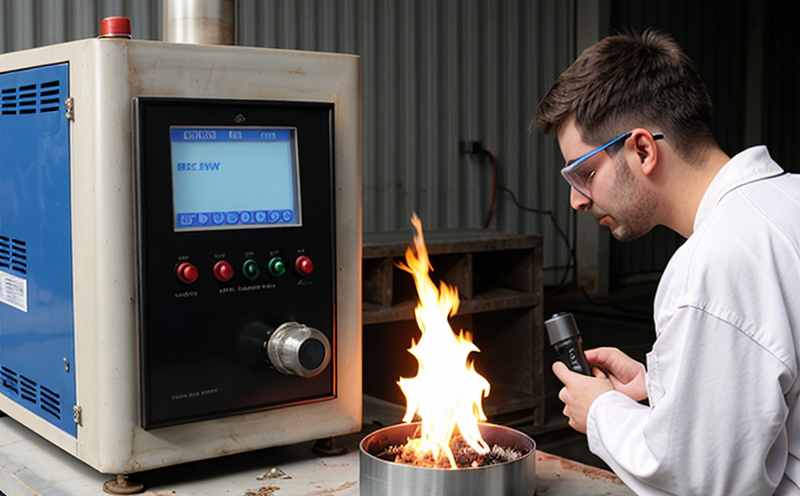EN 1264 Thermal Performance of Floor Heating
The EN 1264 standard specifies the thermal performance of floor heating systems. This testing ensures that the system performs efficiently and reliably, meeting international standards for energy efficiency and comfort.
The EN 1264 protocol involves measuring heat transfer through a concrete slab or other substrates used in floor heating installations. The test setup typically includes:
- Thermocouples to measure temperature gradients
- Heating elements powered by controlled current
- A calibrated calorimeter for heat measurement
- Data acquisition systems (DAS) to log and analyze data
The test procedure is as follows:
- Installation of the heating system on a concrete slab.
- Application of controlled power input to the heating elements.
- Monitoring temperature changes across the substrate with thermocouples.
- Data collection and analysis to determine heat transfer efficiency.
The acceptance criteria for EN 1264 include:
- A minimum thermal resistance of 0.5 m²·K/W
- Heat output within ±10% of specified values
- No more than 2°C temperature difference between the edges and center of the slab
The test is crucial for verifying that floor heating systems meet energy efficiency requirements. It helps manufacturers ensure their products perform as expected, reducing operational costs and improving customer satisfaction.
Real-world applications include:
- New residential constructions
- Retrofit installations in existing buildings
- Commercial facilities requiring energy-efficient heating solutions
The testing process also contributes to environmental sustainability by ensuring that floor heating systems operate efficiently, thereby reducing overall energy consumption.
Why It Matters
Testing the thermal performance of floor heating according to EN 1264 is critical for several reasons:
- It ensures compliance with international standards, enhancing product credibility.
- It helps manufacturers identify areas for improvement in their designs and materials.
- It provides data for optimizing system performance, leading to reduced energy costs.
- It supports the development of more sustainable heating solutions that contribute to environmental conservation efforts.
In summary, EN 1264 testing is essential for both quality assurance and environmental responsibility. It guarantees that floor heating systems are not only efficient but also environmentally friendly, making them a preferred choice in various sectors.
Environmental and Sustainability Contributions
- The test ensures that floor heating systems contribute to reduced energy consumption.
- It supports the development of more efficient materials for thermal insulation.
- By verifying performance, it helps in minimizing greenhouse gas emissions from heating operations.
- EN 1264 testing aids in promoting sustainable construction practices that benefit both builders and end-users.
The use of floor heating systems aligned with EN 1264 standards can lead to significant reductions in carbon footprints, making them a valuable tool for green building initiatives. This is particularly relevant as the global focus on sustainability continues to grow.
Competitive Advantage and Market Impact
By ensuring compliance with EN 1264 standards, manufacturers can gain a competitive edge in the market. Here’s why:
- Meeting international standards enhances brand reputation and customer trust.
- It demonstrates commitment to quality and environmental responsibility.
- Compliance opens doors to broader markets and international certifications.
- Manufacturers can differentiate their products by offering superior performance guarantees.
The impact on the market is profound, as consumers are increasingly prioritizing energy efficiency and sustainability. Companies that invest in EN 1264 testing not only meet these demands but also position themselves for future growth opportunities.





